Rome wasn’t built in a day, and neither was Malaysia. It didn’t involve just one person either. Throughout history, many women were involved in the building and shaping of the nation since Malaysia’s independence in 1957. While some have been in the spotlight, there were those who did their works in quiet, for the sole purpose of watching the country grow and prosper. So, in conjunction with Women’s History Month, we have put together a list of women who deserve to be celebrated this month for all their hard work and sacrifices.
1. B.H. Oon – Pioneering law in Malaysia
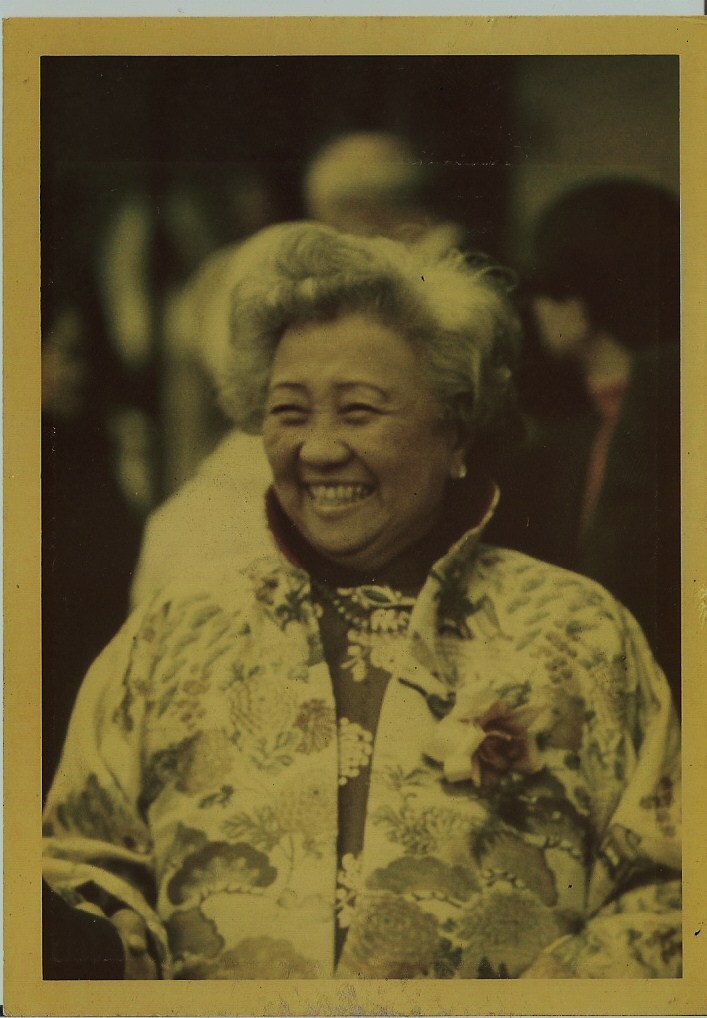
Penang native Lim Beng Hong, also known as B.H. Oon, was a woman of many firsts, being the first female lawyer in Malaya and one of the first woman representation on the Federation of Malaya Legislative Council, formed in 1948. The council was formed for the purpose of making the Federation of Malaya a self-governing and independent nation, with guidance from the British government. Another two significant milestones was her admission to the English Bar in 1926 as she was the first Chinese woman lawyer to be admitted and subsequently, she became the first Asian woman who was in the Straits Settlements and Federated Malay States Bars the next year.
2. Rasammah Bhupalan – Activist for female teachers
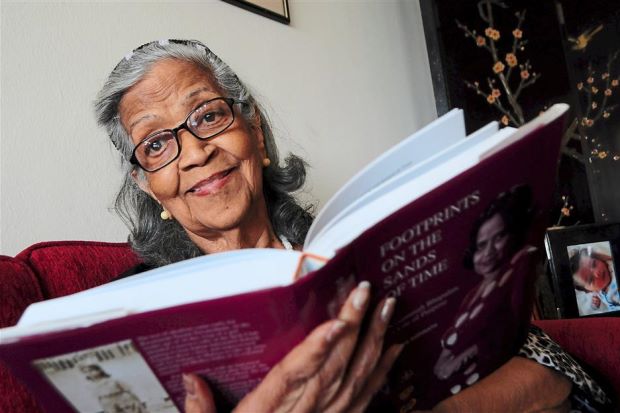
An avid activist, Rasammah Bhupalan was the co-founder of the National Council of Women’s Organisations (NCWO) and the founder of the YWCA Vocational Training Opportunity Centre, and until today remains as head of NCWO’s law and human rights commission, trustee at YWCA as well as continues to sit on the Methodist Education Foundation board, being the former principal of the Methodist Girl’s School in KL.
In 1942, she and her family attended a mass rally at Ipoh Club Padang, Ipoh, where they heard Subhas Chandra Bose speak on Indian women joining the Rani of Jhansi movement, an all-female military force committed to fighting British in Southeast Asia, which lighted a spark in Rasammah and her younger sister, Ponnammah. She graduated from University of Malaya, Singapore and became a teacher at the Methodist Girls School and during her time here, she co-founded The Federation of Malaya Women Teachers Union (WTU) in March 1960, which was formed to fight for equal pay right for women teachers, regardless of their races. The cause finally succeeded in achieving equal pay four years later.
She later started soon began campaigning to end domestic violence and rape through NCWO, which led to the enactment of Law Reform Act (Marriage and Divorces) Act 1976, protecting women against polygamous marriage besides reforming custodial proceedings.
3. PG Lim – First female ambassador
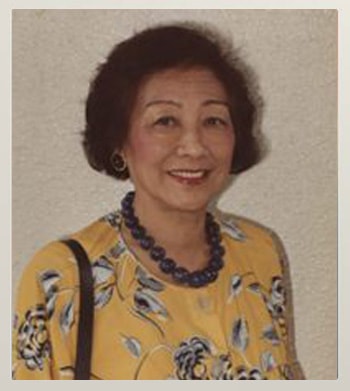
British-born Lim Phaik Gan, more commonly known as PG Lim, pursued her law education in Cambridge University, subsequently obtaining a Barrister-at-law from Lincoln’s Inn, England.
She returned to Malaysia in 1949 and pursued a career in law and took up several legal battles for workers’ unions, such as the Railwaymen’s Union of Malaya and the National Union of Plantation Workers. Being the Secretary of the Legislative Council of Malaysia, she represented the Council at the Commonwealth Conference in Sydney, Australia in 1965. In 1971, she was appointed as the Ambassador and the Malaysian Permanent Deputy Representative to the United Nations, the first woman to take on this role.
After 10 years of being abroad, she returned to Malaysia in 1980, subsequently appointed as the Director of the Kuala Lumpur Regional Centre for Arbitration (KLRCA) two years later, holding the position for 18 years.
4. Khadijah Sidek – Championing education for young girls
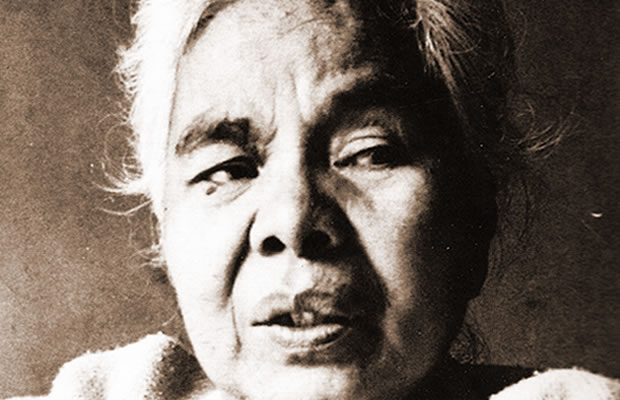
A prominent figure in the history of Umno’s early days, Khatijah Sidek or Che Khadijah Mohd Sidik was a Malay nationalist and politician who spoke out about women’s rights, specifically education for young girls. Originally from Indonesia, she married a man from Malaya and moved to Singapore in 1946, where she realised the level of women oppression there. This was when she made the decision to educate and help out underprivileged girls.
She joined a women’s welfare group, the Indonesian and Malay Women’s Assembly (HIMWIM), a group set up to empower Malay-Indonesian women in Singapore but was then imprisoned by the British for being associated with the group. When she was released in 1950, she was exiled from Singapore and given a detention order to not leave Johor for 10 years.
Later she was invited to join Umno with the support of Tunku Abdul Rahman in 1953 and proposed to increase the number of women in congress, which was met by dissatisfaction from her male counterparts. Her activism to get more women involved grew and resulted in more than 10,000 women joining the party. Although she was expelled from the party, Tunku Abdul Rahman appointed one of the seats on the Federal Legislative Council to her.
Suffice to say that the contribution of these women will never be forgotten by our nation.
"ExpatGo welcomes and encourages comments, input, and divergent opinions. However, we kindly request that you use suitable language in your comments, and refrain from any sort of personal attack, hate speech, or disparaging rhetoric. Comments not in line with this are subject to removal from the site. "


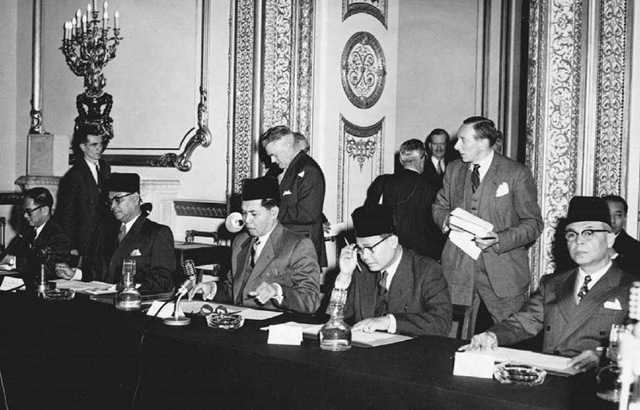

















Were there not any better pictures to use?